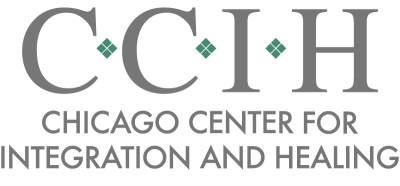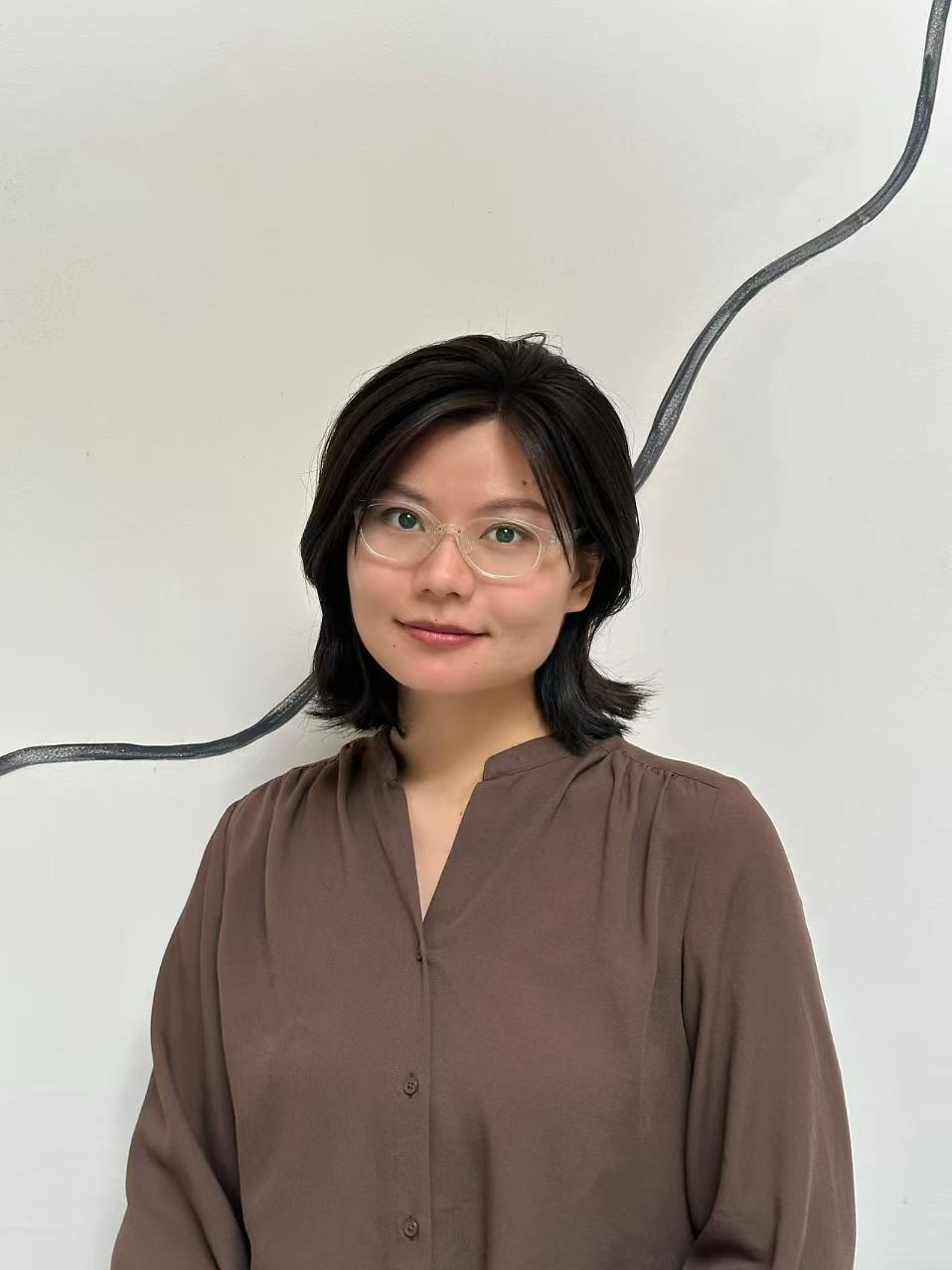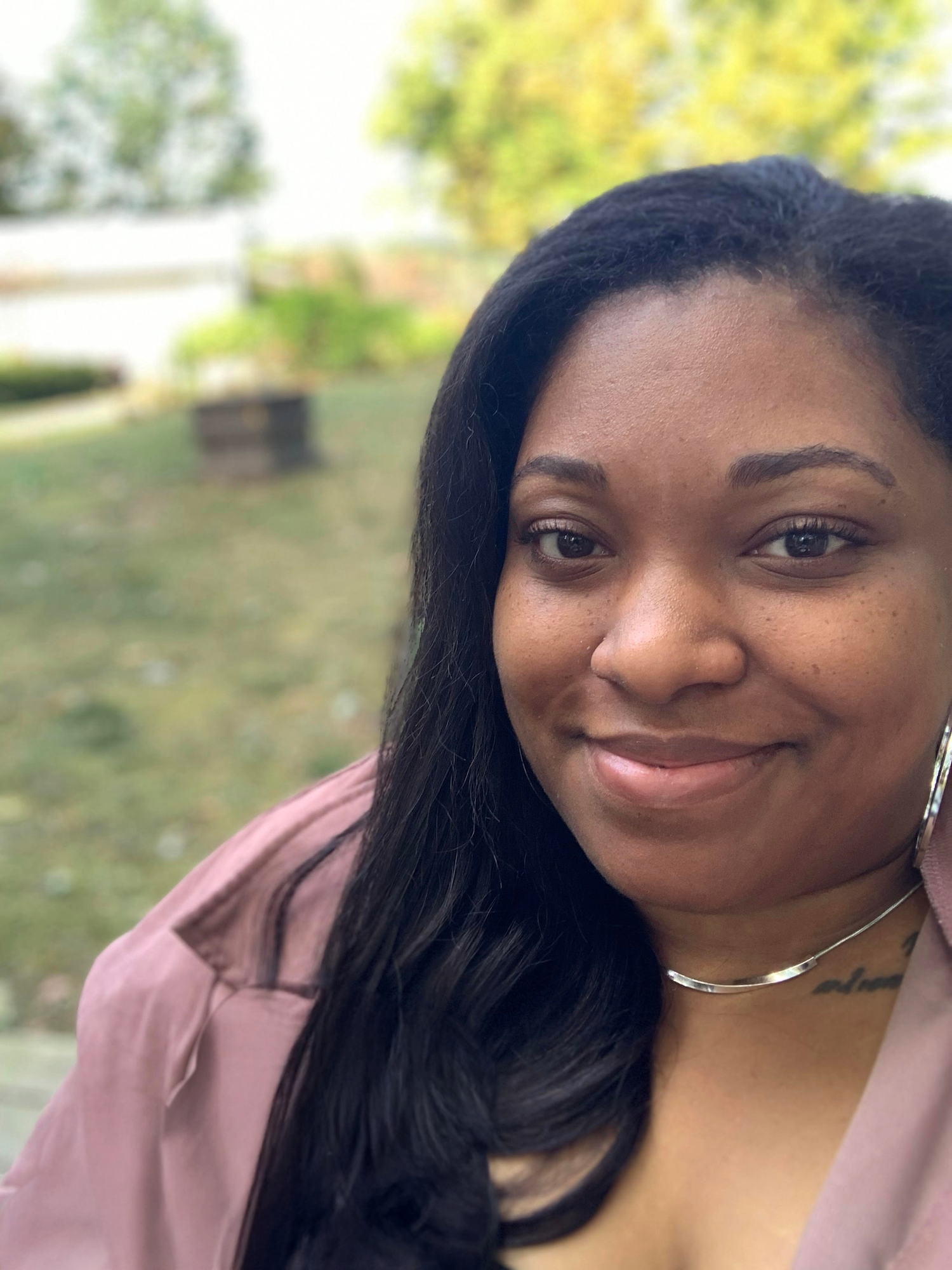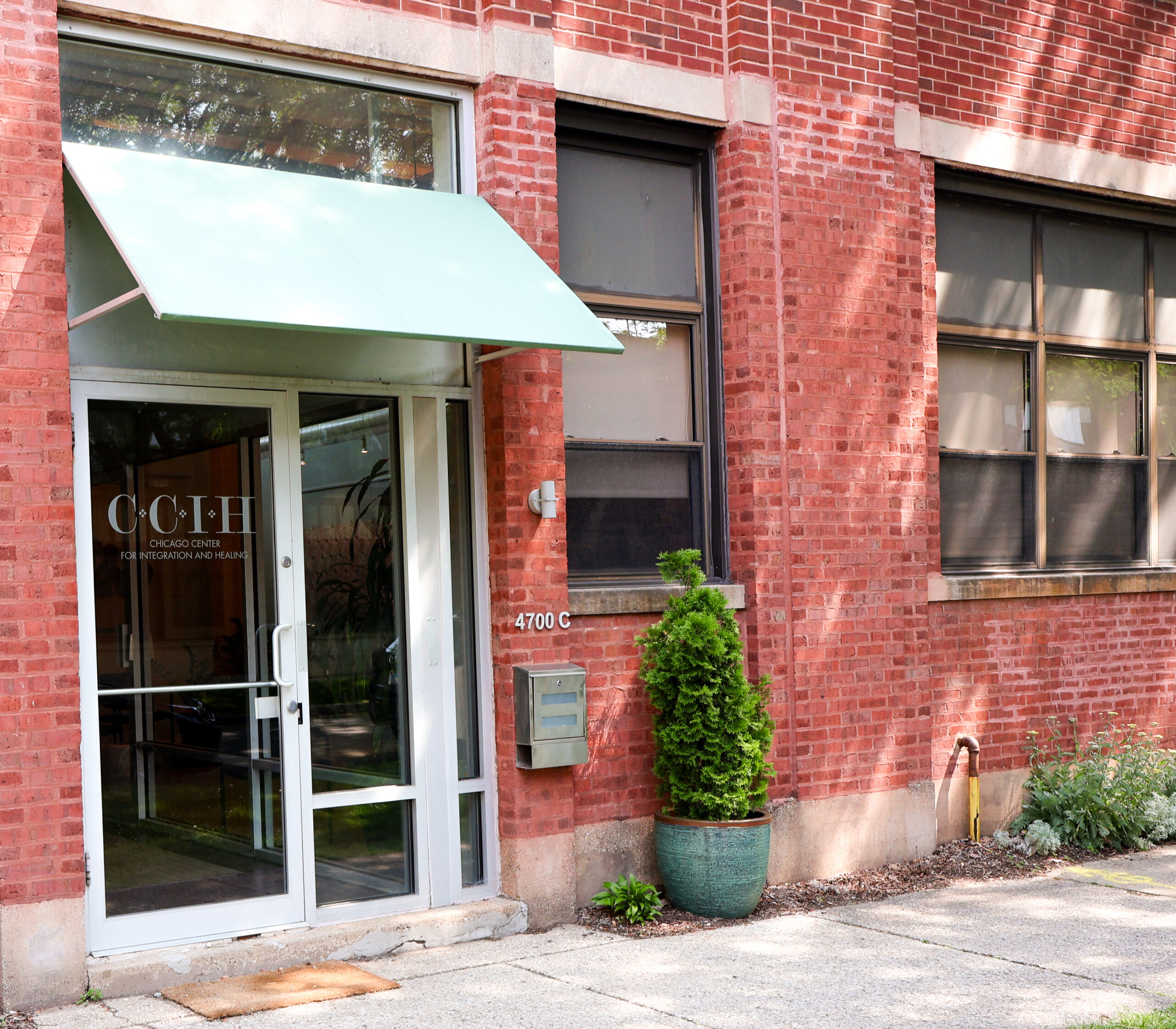Yoga – so very misunderstood. I still remember when I thought that yoga was just exercises with some breathing thrown in. I was 12 years old and very bendy when I picked up a yoga book and thought the poses were cool. It wasn’t until I took the yoga teacher training at the Temple of Kriya Yoga in my 30s that I realized how profound the practice really is. And it wasn’t until many years later that yoga found its way into my psychotherapy practice and I realized how transformative the practice could be for the clients I work with.
In its traditional form, yoga is an 8-limbed practice. Yama- the dont’s, Niyama – the do’s, Asana – the physical exercises, Pranayama – breathing exercises, Pratyahara – control of the senses, Dharana – Concentration, Dhyana – Meditation, and Samadhi – Union. The result of the practice is Union – of body and mind.
This millennia-old practice recognizes that mind and body are intricately connected, that we create our reality through our awareness and intention. Yoga is a framework for understanding the workings of the human psyche and includes tools for helping to stabilize and strengthen the bodymind in its entirety. These tools help regulate all the body’s systems. Research is demonstrating again and again the effectiveness of yoga for helping in the treatment of multiple ailments. In the mental health field, we are especially interested in how yoga helps to regulate the nervous system, which exists throughout and affect the whole body.
One of my first trainings on yoga as a practice to enhance mental health was at the Trauma Center at JRI taught by David Emerson. I learned some wonderful ways of working with people who have experienced trauma and I also learned some interesting things about myself and my yoga practice. I learned that I hate breathing to someone else’s count. It makes me very, very anxious. This was enlightening because it demonstrated for me, without a doubt, that people respond differently to these seemingly simple practices. I mean, breathing to a count of four should be a simple thing right? Relaxing even. Except my breaths didn’t match the teacher’s count. And in trying to match the teacher’s count, I experienced more and more anxiety, until I found myself becoming angry with the teacher. What?
As a Somatic Experiencing practitioner that makes total sense to me now. Breathing challenges early in life can set up our nervous systems for a hair trigger response to any breathing irregularities. We can get anxious when we’re triggered. And for me it also prompted a developmental response of anger (fight) at being made to do something I didn’t want to, and shame at not being able to comply when everyone else seemed fine. I was also able to experience what Sensorimotor Psychotherapy would call and “act of triumph” when I decided to breathe to my own count, rather than follow the teacher’s. This ostensibly small act was a huge developmental milestone for me as a former well-behaved Catholic schoolgirl.
This is the power of the yoga practice. We see ourselves. Our triggers, our reactions, our compensation patterns, our management strategies. And we get the chance to do something different. Yoga was the first Body-Centered/Somatic psychotherapy! But first we need to be present enough with our bodies and our Selves to notice. And regulated enough to make new choices.
In the Yoga Informed Psychotherapy Training we work with yoga skills for noticing and regulating the nervous system using the tools of yoga (asana, pranayama, etc), so that we have the chance to choose a different response than our habitual pattern. Through this training, practitioners get to know ourselves on and off the yoga mat, so we can help others to do the same.
Join us on Saturday, October 19, 2019 from 10am-5:30pm at Chicago BodyMind Wellness Studio for an Introduction to Yoga-Informed Psychotherapy. Our full 40-hr Foundations Training will start in February 2020. For more information see www.yogainformed.com









